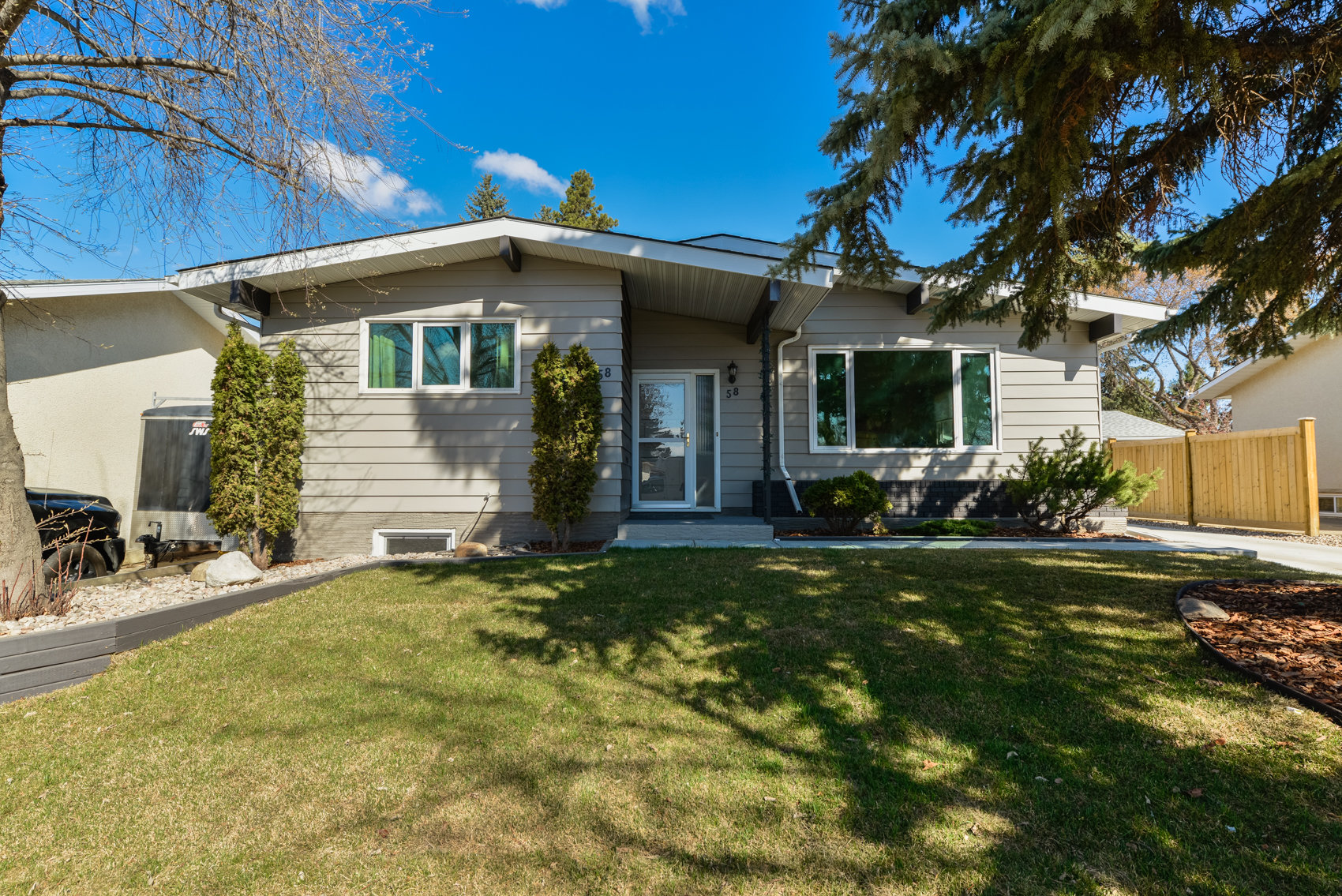- As a renter, you have the luxury of choosing a place that meets your needs at the moment. Buying a home is a much bigger commitment, both in terms of finances and the length of time you’ll likely live there. When seeking out your first place – whether a house or condominium or anything in between – it’s important to do your homework.
Here are 5 things to consider as you begin the process of purchasing your first place.
1. The growth possibilities. Shop for a place that meets your current spaces needs, but also consider one that can adjust to a changing household. A five-year plan may not pan out as you expect, so think about possible life changes that could impact your need for bedrooms, bathrooms and square footage.
2. What’s under the hood. Your first place may not come with many frills or luxury features – but all the basics should be in good condition. Thoroughly inspect prospective properties. And before any purchase is made, hiring a professional inspector is a must. Your real estate agent will guide you through this important step.
3. Know that no home will be perfect. Your first home may likely not be the perfect place. But make it the right one. Finding the right home is often a matter of prioritizing. Make a list of “must haves,” along with “nice to haves” and “not necessary to haves.” A three-car garage is nice, but would you rather have a larger kitchen or live in a good neighbourhood? Only you can measure the importance of the amenities you are looking for.
4. Consider ALL the costs of ownership. When you buy a home, you take on recurring costs you don’t have to worry about as a renter. Look for a home that meets your budget in terms of full living costs – mortgage, utilities, trash pick-up, sewage fees, homeowner’s association dues and other fees. Your lender doesn’t take into account these costs when approving your home loan. A good real estate agent can help you calculate estimated monthly costs to determine the most appropriate price range for you.
5. The lifespan of things. In addition to identifying cosmetic and structural flaws before you buy, know what to expect from the home’s components. How long until you need to replace the roof, appliances, furnace or carpet? Everything may be in working order now, but all homes need these types of repairs at some point. Researching the expected remaining life on large-ticket items can help you plan for the future.
When you’re ready to start the process of buying a home, call me, and I will be happy to help.


